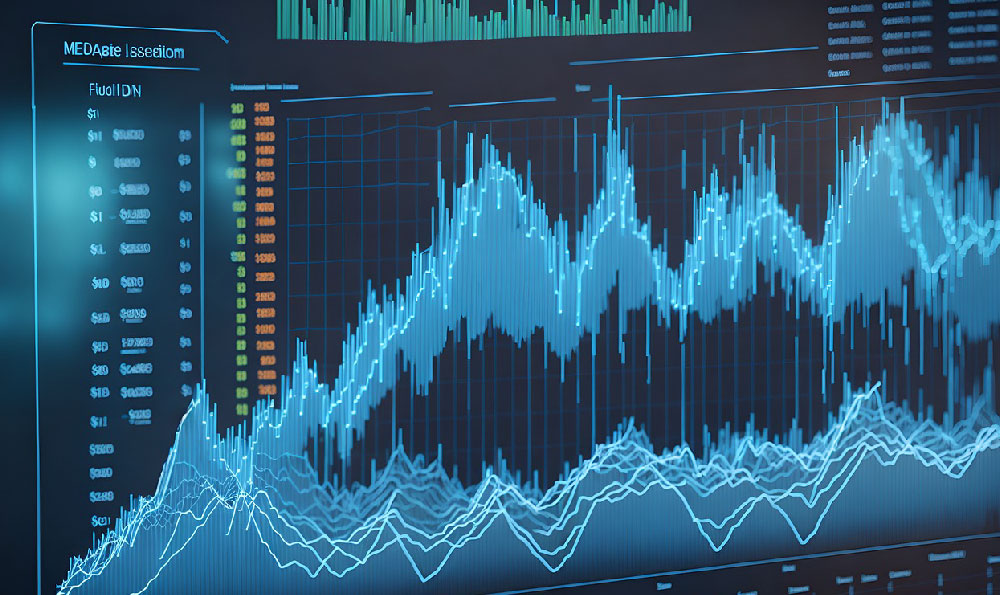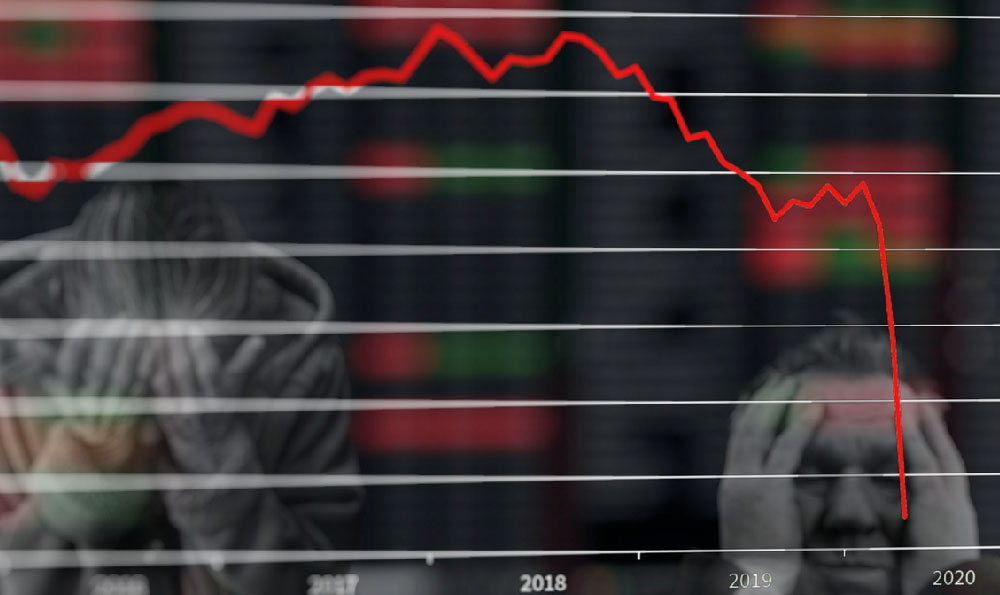Investing in a second home is a significant financial decision that warrants careful consideration. It's not simply about acquiring another property; it’s about understanding the potential rewards and pitfalls that come with it. While the allure of passive income, appreciation, and personal enjoyment can be strong, a sober assessment of market conditions, personal finances, and alternative investment options is crucial.
One of the most prominent arguments in favor of buying a second home is its potential as a rental property. The idea of generating income while holding an appreciating asset is undoubtedly attractive. However, the reality of managing a rental property can be far more complex than simply collecting rent checks. Vacancy rates, maintenance costs, property management fees (if you choose not to handle it yourself), and local regulations all eat into the potential profits. Furthermore, depending on the location and demand, finding reliable tenants can be a constant challenge. You must meticulously research the rental market in the area, understand local ordinances, and factor in all potential expenses before making a purchase. It's essential to conduct a thorough cash flow analysis to determine if the rental income can realistically cover the mortgage, property taxes, insurance, and other associated costs. Failing to do so could result in a situation where you are subsidizing your tenant's living expenses, which defeats the purpose of the investment.
Beyond rental income, many investors hope to profit from the appreciation of the property's value over time. Real estate, historically, has been a reliable store of value and a hedge against inflation. However, past performance is not indicative of future results. Real estate markets are cyclical and influenced by a multitude of factors, including interest rates, economic growth, demographics, and government policies. Buying at the peak of a market cycle could lead to years of stagnation or even depreciation before you see any significant gains. Therefore, it’s important to analyze long-term trends, understand the specific characteristics of the local market, and avoid the temptation to overpay based on short-term hype. A diversified investment portfolio is less susceptible to the volatility of a single asset class like real estate.

Personal use is another frequently cited reason for purchasing a second home. The prospect of having a vacation retreat, a place to escape the stresses of daily life, is undoubtedly appealing. However, emotional decisions can often cloud financial judgment. It's important to ask yourself how frequently you will actually use the property. If it sits vacant for the majority of the year, the costs of maintaining it, including utilities, security, and upkeep, can quickly outweigh the benefits. Consider the opportunity cost of tying up a significant amount of capital in a second home that is only used sporadically. Could that money be better invested in other assets that offer higher returns or greater liquidity?
Before taking the plunge, a comprehensive risk assessment is essential. Interest rate fluctuations can significantly impact your mortgage payments, particularly if you opt for an adjustable-rate mortgage. Unforeseen expenses, such as major repairs or unexpected property taxes increases, can strain your finances. Market downturns can lead to a decline in property values, potentially leaving you underwater on your mortgage. Furthermore, the illiquidity of real estate can make it difficult to quickly convert your investment into cash if needed. You need to have a solid financial foundation and a comfortable cushion to absorb these potential shocks.
Compared to other investment options, real estate can also present some unique challenges. Property management can be time-consuming and demanding, requiring you to deal with tenant issues, maintenance requests, and legal compliance. Geographic limitations tie you to a specific location, making it difficult to diversify your investment across different markets. Tax implications can also be complex, requiring careful planning to minimize your tax burden. You may also need to factor in capital gains taxes when you eventually sell the property.
Ultimately, whether buying a second home is a good investment depends on your individual circumstances, financial goals, and risk tolerance. Before making a decision, it's crucial to conduct thorough research, analyze market trends, assess your financial situation, and consider alternative investment options. Consulting with a financial advisor and a real estate professional can provide valuable insights and help you make an informed decision that aligns with your overall financial strategy. Remember, a second home is not just a luxury; it's a significant financial commitment that requires careful planning and execution. Don't let the allure of potential rewards blind you to the potential risks.












